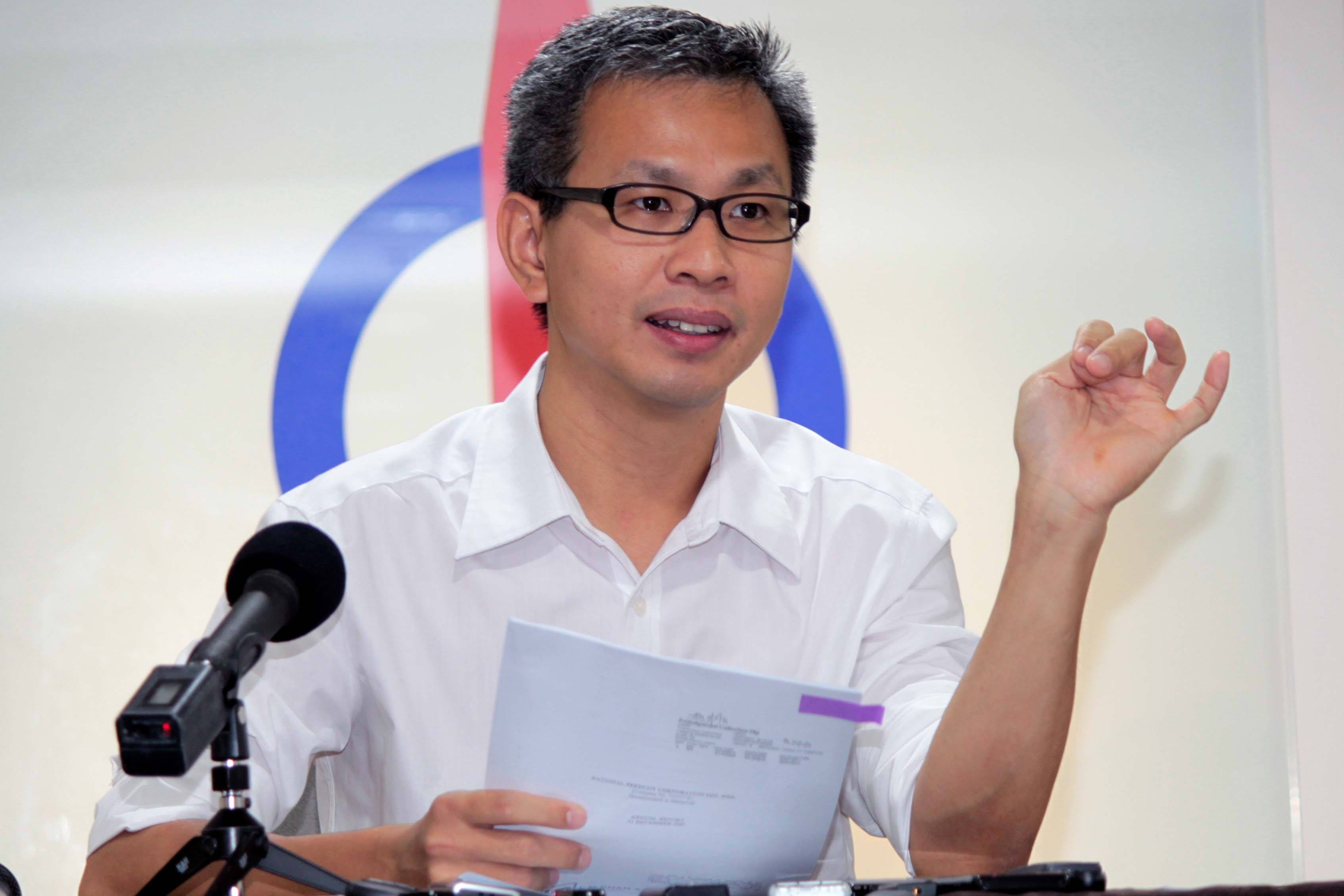By Pauline Wong
In the Christopher Nolan 2010 hit movie, Inception, the protagonist is a thief with the ability to enter one’s dreams and steal secrets and information from a person’s subconscious.
The science fiction thriller was a hit for many reasons, not least for its complicated story and the premise that within our consciousness there are secrets to be ‘extracted’.
In the movie, these ‘extractions’ can be done covertly by inducing a deep ‘layered’ dream state in the person whose consciousness the secrets are held; a dream within a dream within a dream, to put it simply.
The ongoing scandal of the debt-ridden 1Malaysia Development Berhad (1MDB) puts into mind this same premise: a scandal within a scandal, inside a cover-up, involving billions of (allegedly) public money. (See accompanying story: 1MDB: What’s Going On?)
In the latest development to the story, DAP lawmaker Tony Pua has highlighted that there is at least US$1.1 billion of money which is ‘missing’, shrouded in ambiguous statements from 1MDB’s newly-appointed chief, Arul Kanda Kandasamy, and allegedly hidden in offshore accounts and ‘creative accounting’.
The mysterious US$700 million debt
At a press conference today, Pua who is also a member of the Public Accounts Committee (PAC) said the trail leads as far back as 2009 with a dubious joint-venture (JV) company with Petrosaudi International Limited (PSI) and 1MDB, called 1MDB Petrosaudi Limited, which had a US$700 million existing debt.
Pua was responding to an exclusive expose by whistleblower site the Sarawak Report, which details the dubious ‘cover-up’ of the mysterious US$700 million debt.
Where the aspersions are cast is the timeline in which this joint venture agreement was signed.
Pua said according to the documents which the Sarawak Report revealed, the JV company was incorporated on Sept 18, 2009 as a wholly-owned subsidiary of PSI.
The JV company had US$700 million in debt as ‘advances’ owing to PSI, but the nature of these ‘advances’ remains unexplained. The JV agreement signed on Sept 28, 2009 included, among others, that 1MDB would be responsible for paying back this debt to PSI.
Subsequently, 1MDB ‘paid off’ this debt by buying 40 per cent of shares in the JV company, worth US$1 billion. Almost immediately after the JV agreement was signed, the US$700 million was paid back to PSI.
Pua in a previous statement likened the move to ‘invest’ in a company with such a huge debt to “buying a house that has a great big loan of two thirds of its market value outstanding on the property,” and said that nobody in their right minds would buy a property like that.
“I definitely suspect foul play in the (US$700 million). I would be very interested to know whose account the US$700 million went into,” he added at the press conference this morning.
Pua said the explanations provided by Arul Kanda was disappointing and “obviously evasive.”
“Arul Kanda said that the JV was terminated six months later in March 31, 2010. The US$1 billion investment was revalued to US$1.2 billion and “converted into Murabaha notes” or an Islamic loan to the Petrosaudi subsidiary.”
Pua said the 1MDB CEO was reported as stating that “these Murabaha notes were paid back in full, with 1MDB earning a profit of US$488 million, in 2013”.
“Arul Kanda completely avoided dealing with the brazen attempt to siphon the US$700 million out of 1MDB to Petrosaudi or its nominees, which in itself is a blatant failure of the directors’ fiduciary duty and corporate governance,” Pua said.
Conversion of a bad investment into a dodgy loan?
Pua said the move to re-invest in a failed JV company was ‘mind-boggling’.
The Petaling Jaya Utara MP said that if the JV had failed, why did 1MDB not simply pull out of the whole investment entirely, instead of converting the investment into yet another loan?
“The funds which was raised via a debt guaranteed by the Malaysian federal government (the initial US$1 billion) was inexplicably extended as a Murabaha loan to the Petrosaudi subsidiary,” he said, adding that the conversion of the investment appeared to be a ‘con job’ and ‘cover-up’.
“By converting the money into a loan to Petrosaudi, 1MDB was able to avoid reporting the details of the JV agreement in its 2010 financial report,” he claimed.
Furthermore, Pua said in September 2012, the Murabaha notes were sold off to an undisclosed party for US2.318 billion, allegedly giving 1MDB the ‘profit’ of US$488 million (as mentioned by Arul Kanda).
However, the US$2.318 billion was not returned to the company, but was instead invested in a segregated portfolio company in the Cayman Islands.
The US$2.318 billion was reportedly redeemed in full at the start of this year, according to Arul Kanda, but while half that amount has been repatriated back to Malaysia to pay off 1MDB’s outstanding debts, the remaining US$1.103 billion remains “missing.”
The profit of US$488 million, Pua claims, is also “missing.”
“What we have at hand is at least US$1.1 billion missing in unknown whereabouts. The next question to ask is where exactly is this US$488 million of ‘paper’ profit Arul was talking about?” he said.
“The whole complex and mind-boggling financial manoeuvres all point towards the perpetuation and massive cover-up of a multi-billion ringgit fraud,” he added.
– The Rocket





